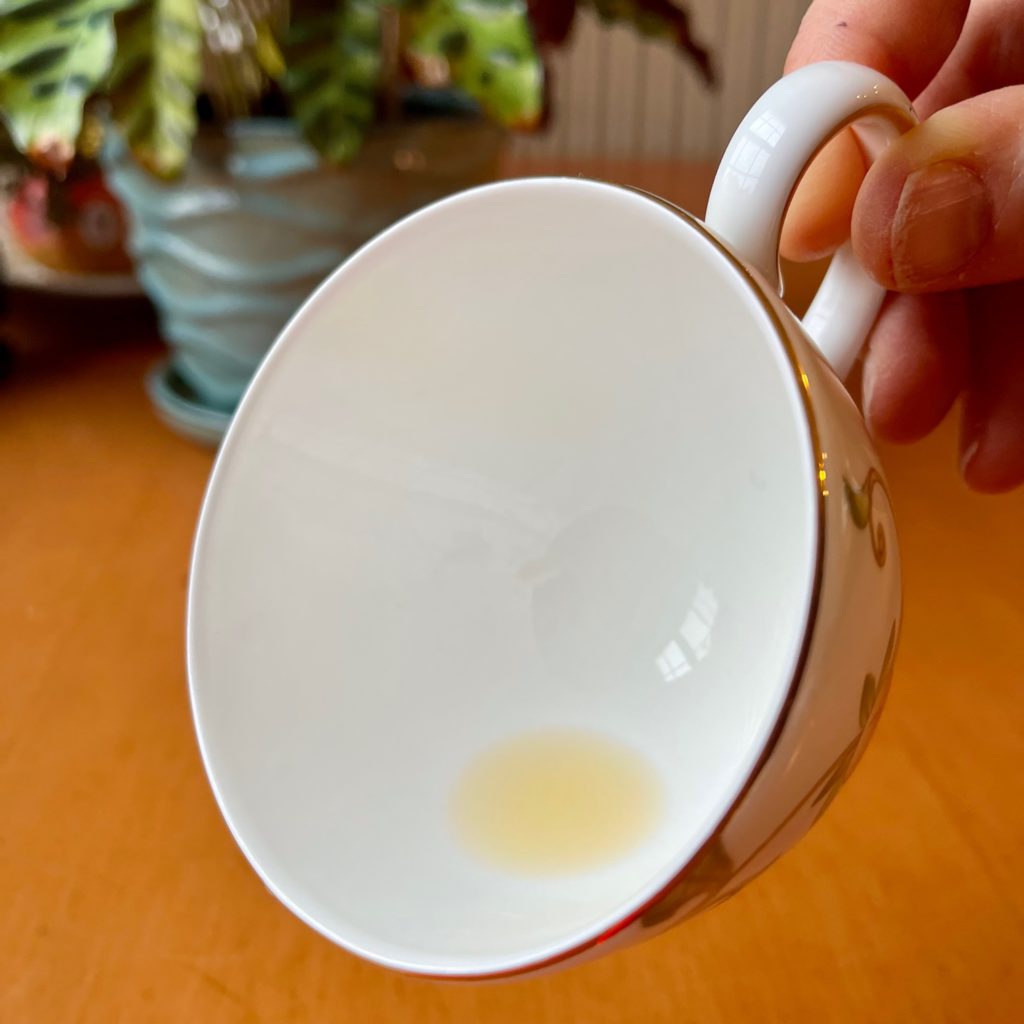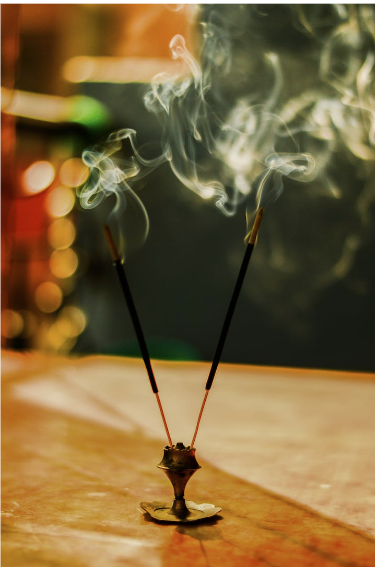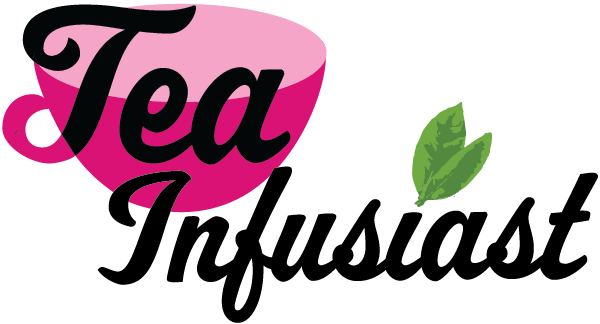This post shares my experience radically reducing my tea consumption and an unexpected question that arose: what does it mean to waste tea?
Radically Reducing My Tea Consumption
I spent a good chunk of September weaning myself off tea to see if it would help some health issues I’m having.
I went from having two tea sessions per day and consuming 7-8g of tea a day, to zero. In October, I went a few weeks without any tea, then added one light tea session per week.
It probably goes without saying for someone that runs a tea-related blog, Instagram, and events: this radical reduction in tea has been a big change. I am grateful for some lovely herbal teas, but I still deeply miss drinking tea more regularly.

Some challenges I anticipated: missing the flavor, removing one of my daily mindfulness practices, and the initial caffeine withdrawal. But, the many tealess days have also brought some unexpected questions. I’ll focus on one here: what does it mean to “waste” tea?
What Does It Mean to “Waste” Tea?
I was surprised how much I missed interacting with tea leaves and inhaling the fragrance of my favorite steeped teas. Although I can handle and steep herbal teas in similar ways, it is not the same for me. I yearned to steep some tea. Even if I couldn’t drink it, I longed to enjoy the many other delightful aspects of tea.

I hesitated for a few weeks. Would it be wasting tea to steep it to enjoy the process and aroma and not drink it?
Would it be almost like making tea as a kind of liquid incense, I wondered? The comparison, however, doesn’t quite work. Incense is made to be burned for the aroma. Isn’t tea made to be drunk?
Granted, there are non-drinking uses of tea. After all, people cook or bake with tea, prepare it as a hair rinse, add it to cosmetics, etc.
But, these uses all feel like they employ the tea in a way that preparing it purely to enjoy the process of making it and the aroma would not. I didn’t want to waste tea. I also hesitated because I was not keen on reducing my tea stash by using it this way. After all, I am fervently hoping to return to at least one daily tea drinking session!
Enjoying Tea Without Drinking
The tactile, visual, and aromatic pleasures I get from tea are so meaningful to me. They moved me to occasionally prepare very small quantities on some days when I was unable to drink it.
With experimentation, I found I didn’t need much tea to handle and admire the leaves, to enjoy the smell of the dry leaves in my warmed tea bowl, to be mesmerized by the rising steam, or to relish the aroma.

Some people may view this approach as a waste of tea. I respect that. Being intentional and appreciative of the other sensory experiences tea offers, however, I have a different perspective now.
If you have ever had to stop or radically reduce your tea consumption, what helped you? I invite you to share in the comments.
Suggested Post for Further Reading: Some teas can unlock strong memories. This post shares a few that I cherish for that reason.
All the photos above are mine, except the one of the burning incense. That photo is by Abhas Jaiswal, accessed through my Piktochart account.

4 replies on “What Does It Mean to Waste Tea?”
I had to go off tea for about a year for health reasons and it was HARD. That was before I discovered gong fu, actually, but I found steeping other stuff (ginger, hot water with lemon) kinda filled the gap. I don’t like much herbal tea, but did find a hibsicus that was pretty good.
I don’t think it’s wasting tea to enjoy it as much as you’re enjoying it, whether you end up consuming the liquid or not!
Thank you so much, Casey, for taking time to read the newsletter AND to share your experience. I hope your health issues are much improved or resolved since the time you went off tea. I can imagine steeping up ginger and hot water and enjoying that. I’ll have to see if I can tolerate the lemon. (Lemon, ginger, honey is one of our go-to winter infusions at my house. Love it!) I appreciate you chiming in on the wasting/not wasting issue, too. I really struggled over that question, as I wrote above.
What an interesting perspective- tea is crafted with drinking in mind, but, really, there ARE other forms of consumption.
As a side note, I often find that long after the leaves are spent, they still have a wonderful aroma. I’ve been known to save them till the next day, just to enjoy the smell! Likewise, occasionally a tea that is disappointing in flavor will still be quite satisfying in aroma. It’s those teas I would happily use as “incense”.
Thanks for sharing, Nicole! And, it feels lovely to know I’m not alone on enjoying the aroma of leaves the next day! I just saved a particularly delightful Mi Lan Xiang overnight and poured water over it the next day to enjoy the fragrance again.